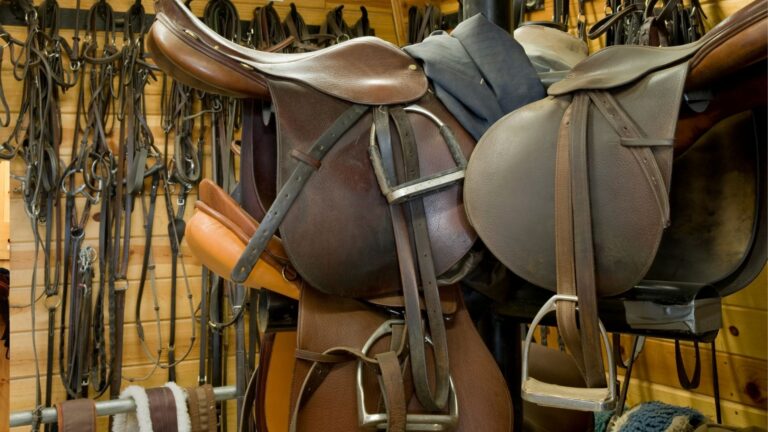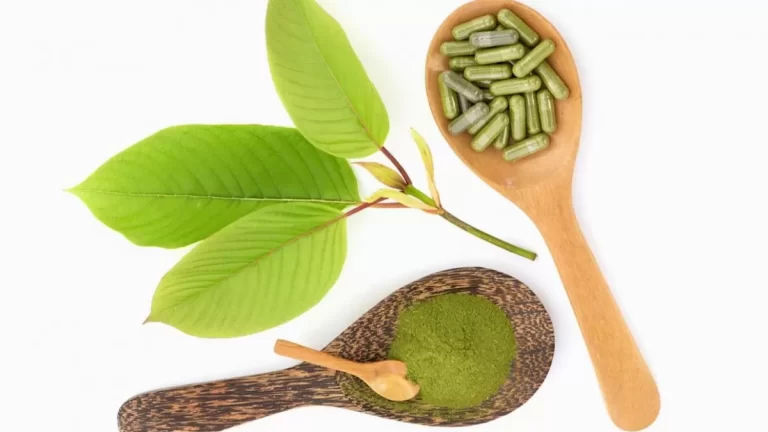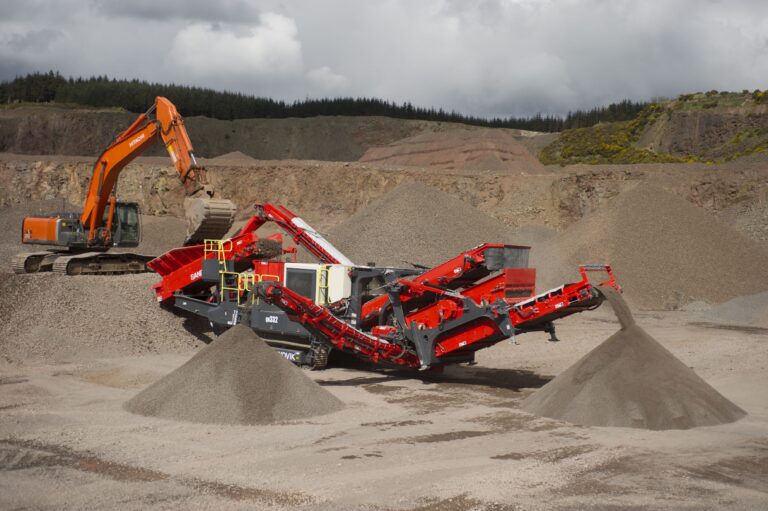Alfalfa has been used as horse feed for over 2000 years by civilisations all over the world. It comes with a range of benefits for your horse from energy to vitamin and mineral content, but the effectiveness of the plant as horse feed does sometimes come into question. Here are a few common myths surrounding alfalfa dispelled so you can make an informed decision.
Myth: Alfalfa causes horses to become overexcitable
Because alfalfa is highly digestible and provides horses with energy, some may believe that feeding alfalfa will cause their horse to become overexcited. But this isn’t true. The fibre – also known as lucerne – is a good source of slow-release energy, making it a great feed option for horses in work, or to support weight gain and maintenance. To further dispel this myth about alfalfa, various studies have shown that switching to alfalfa from cereal-based feeds results in horses becoming less reactive to new situations – which is particularly helpful when feeding a performance horse in training.
Myth: Alfalfa causes digestive upset
Alfalfa can benefit your horse’s digestive system as it is a much better buffer to acidity than grass forage. This is because it includes high levels of calcium, protein and other components that are beneficial to your horse. Alfalfa has been widely researched and is recognised around the world as a suitable feed for horses that suffer from ulcers, as it helps to maintain a healthy level of acidity within the digestive system.
Alfalfa also helps to establish and maintain the all-important microbiome which is essential to your horse’s health. Not only does feeding alfalfa provide an energy source for working horses and horses that require weight maintenance, but it also benefits the gut and digestive system too.
Myth: Alfalfa shouldn’t be used for horses prone to laminitis

Alfalfa can be used for horses more likely to suffer or that are currently suffering from laminitis. This is due to the low starch and low sugar content of the plant. Laminitis can be triggered by carb-heavy diets that disrupt the hindgut, and as previously mentioned, keeping the digestive system healthy and working as it should is crucial to your horse’s all-around health. If your horse is suffering from laminitis or is at risk of the disease, adding alfalfa to their diet means they can benefit from the energy they require without disrupting the gut with high sugar and starch feeds.
Alfalfa is also rich in protein, which means your horse can benefit from essential amino acids to help build muscle and other tissue around the body, without having to significantly increase the level of cereal-based feeds in your horse’s diet.
Benefits of feeding alfalfa
- Digestive health: Feeding your horse alfalfa contributes to a healthy digestive system. As we know, horses require a diet mainly made up of forage. Using alfalfa means your horse can benefit from slow-release energy that helps to regulate acidity within the system.
- Vitamins: Alfalfa is rich in a range of vitamins, like beta-carotene, Vitamin E, and essential B vitamins. Alfalfa also contains biotin and folic acid, as well as assisting the synthesis of B12 for energy utilisation.
- Source of bio-available material: Whilst you may still need to utilise balancers when feeding alfalfa, the plant contains almost three times as much calcium as you’d find in the grass. It’s also more available to horses than other, inorganic sources.









